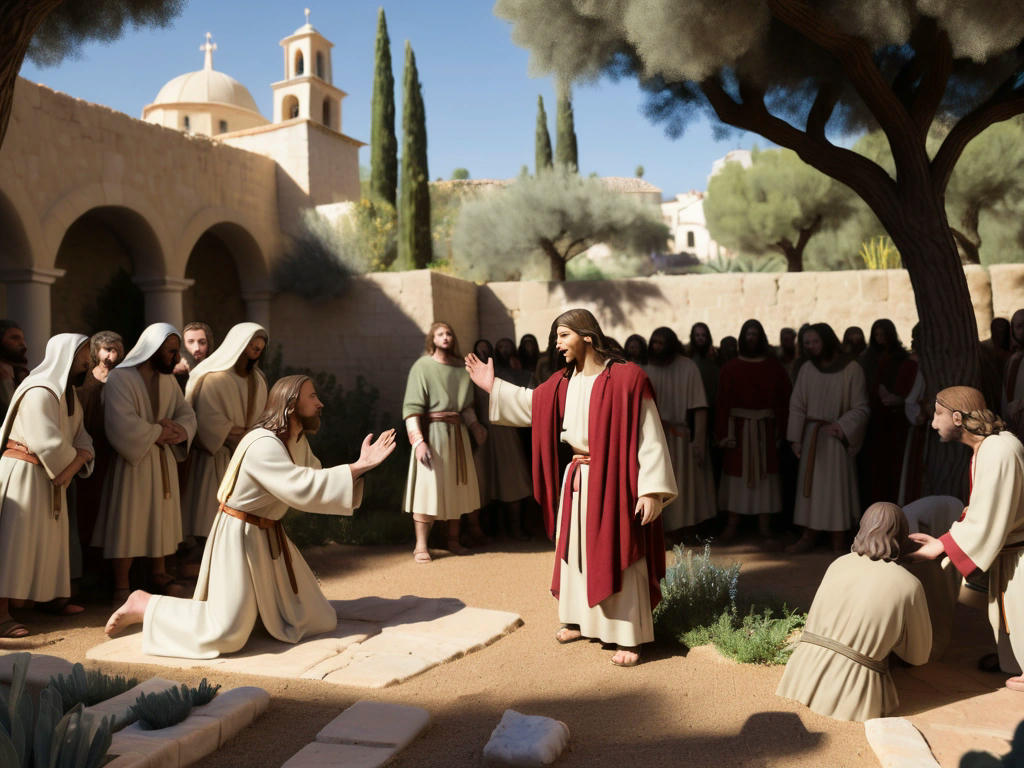The question of whether Jesus Christ would use lethal force in self-defense is a complex and deeply philosophical one, touching on theology, ethics, and historical context. To explore this, we must delve into the teachings and actions of Jesus as recorded in the New Testament, as well as the broader principles of Christian doctrine.
The Teachings of Jesus
Jesus Christ's teachings, as documented in the Gospels, emphasize love, forgiveness, and non-violence. One of the most cited passages in this context is the Sermon on the Mount, where Jesus says:
"You have heard that it was said, 'Eye for eye, and tooth for tooth.' But I tell you, do not resist an evil person. If anyone slaps you on the right cheek, turn to them the other cheek also." (Matthew 5:38-39)
This passage suggests a radical departure from the principle of retributive justice, advocating instead for non-resistance to evil and a commitment to peace.
The Example of Jesus' Life
Throughout his life, Jesus consistently demonstrated a commitment to non-violence. When he was arrested in the Garden of Gethsemane, one of his disciples drew a sword and struck the servant of the high priest, cutting off his ear. Jesus responded by healing the servant and admonishing his disciple:
"Put your sword back in its place, for all who draw the sword will die by the sword." (Matthew 26:52)
This incident underscores Jesus' rejection of violence, even in a situation where he was being unjustly arrested and faced imminent danger.
Theological Perspectives
From a theological standpoint, many Christian scholars argue that Jesus' mission was to embody and teach a new way of living that transcends the cycle of violence. His ultimate act of non-violence was his willingness to suffer and die on the cross rather than retaliate against his persecutors. This act is seen as the ultimate demonstration of love and forgiveness.
However, some theologians and Christian ethicists have debated whether there could be circumstances under which lethal force might be justified. The concept of "just war" theory, developed by early Christian thinkers like Augustine of Hippo, suggests that there are conditions under which violence may be morally permissible. Yet, this theory is generally applied to the actions of states and governments rather than individuals.
Modern Interpretations
In contemporary discussions, Christians are divided on the issue of self-defense. Some adhere strictly to pacifism, following Jesus' example and teachings on non-violence. Others believe that self-defense, including the use of lethal force, can be morally justified in certain situations to protect oneself or others from harm.
Conclusion
While the teachings and actions of Jesus Christ strongly suggest a commitment to non-violence and forgiveness, the question of whether he would use lethal force in self-defense remains a matter of interpretation and debate. Ultimately, each individual must grapple with these teachings and their implications, seeking to live in a way that aligns with their understanding of Jesus' message and example.


